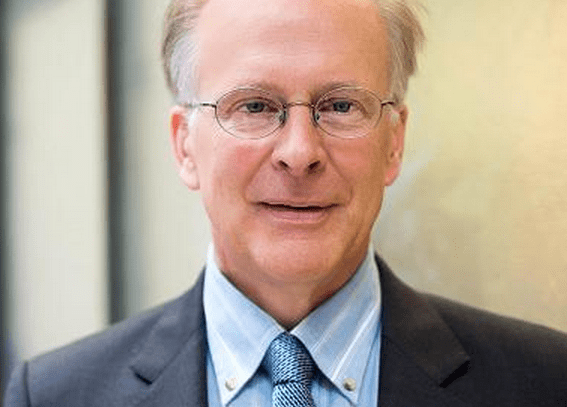
“There is no work, to my knowledge, that establishes a link from QE to the ultimate goals of the Fed—inflation and real economic activity. Indeed, casual evidence suggests that QE has been ineffective in increasing inflation,” Williamson wrote.
He says gross domestic product (GDP) has not increased beyond 2.5 percent in any year, and wage gains have yet to rise above two percent. The biggest effect of QE has been on the stock market, as MHProNews understands. Inflation for much of the U. S. and the developed world has changed little, despite the Fed thinking that releasing the QE money into the economy would drive up prices and inflation.
The central banker thinks maintaining the interest rate at zero will eventually lead to an increase in inflation, but that never happens, says Williamson.
While the Fed has set targets for raising interest rates, it continues to move the targets—namely, the unemployment rate and the rate of inflation—using the term “extended period” for how long it will wait until it raises them. What the market does not like is uncertainty, and the Fed’s policy of changing the thresholds and moving the targets leaves a muddled message.
Most recently, the Fed has suggested September as the month for raising the rates, but in light of the recent turndown in the stock market, MHProNews has learned some strategists believe the rates will not be raised before December, or perhaps next spring. ##
(Photo credit: cnbc–St. Louis Federal Reserve Vice-president Stephen Williamson)

